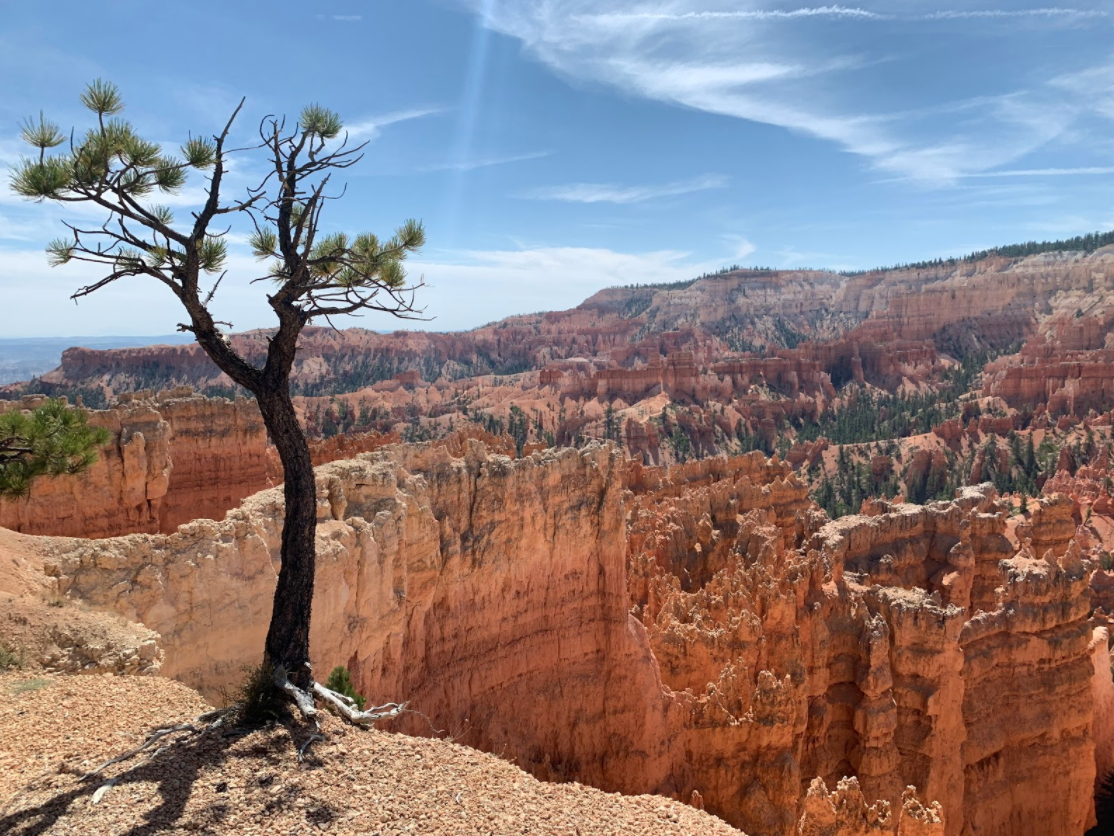Stop.
Listen.
Hear this person’s story pushing hard against its inevitable finale.
Allow the final phoneme to be a silence that drapes over the mechanical noise of your work — hiding it for an instant.
Realize there is resiliency in pause.
You are not a machine fine-tuned for a tunnel-vision view of the world.
Fight against the urge to ignore, block it out and forget. Fill the space with a soft and forgiving stillness.
Allow your mind to settle.
This is not about finding God.
This is about refinding Yourself.
This is about carving out a small hiatus
to listen
to breath
and to pay attention
to that moment that makes us all the same.
or
For now, completely different.
Either way, pay attention.
And then continue on.
I entered medical school captivated by fantasies of my inevitable collision with the human experience in its raw and exposed form during times of illness. I was (and still am) motivated by a desire to care for my patients in a deeply contextualized manner. I believe that the only way to provide effective care is to be compassionately attentive to each patient’s personal story.
This poem was written as a response to the collective stories of my fellow classmates as we enter the hospital and bear witness — often for the first time — to the deaths of our patients. It is a response to the first time that I performed chest compressions. She was a 77-year-old woman who coded during her stay in the intensive care unit. It is a response to my colleague who showed me the notebook he kept in his shirt pocket: on the page, he had simply written “07-19-19,” the date he witnessed his patient die. It is a response to my friend’s previous life as an ICU nurse whose work reminded him that death is so often a respite from the pain and suffering of illness.
“The Pause” is a call to action asking its readers to take a moment of reflection. To stop. To acknowledge the patients we care for as their stories extend beyond their final moment.
Image credit: Photograph of Bryce Canyon National Park courtesy of the author.


